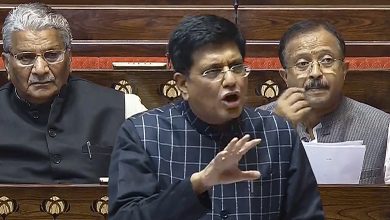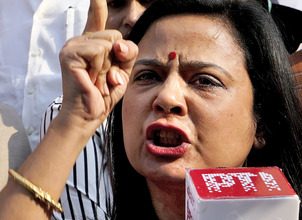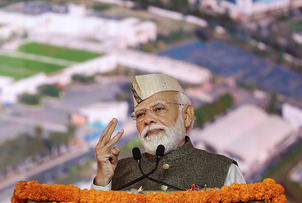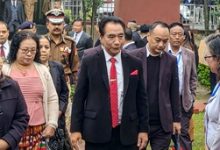Australia limits AstraZeneca vaccine to senior citizens

Canberra, Jun 17 (AP):
Australia has raised the age for which the AstraZeneca vaccine (known as Covishield in India) is recommended to 60 from 50 after the shot was blamed for a 52-year-old woman’s death last week from blood clots in the brain.
Health Minister Greg Hunt described the decision on Thursday as conservative and reflecting the relatively low risk of catching the virus in Australia. Australians aged between 50 and 59 are now recommended to use the only other vaccine approved in Australia, Pfizer.
Several European Union member states have stopped administering the AstraZeneca vaccine to people below a certain age, usually ranging from 50 to 65, restricting its use to older people, due to very rare cases of blood clotting, mainly among young people.
Only two deaths in Australia have been blamed on rare blood clots believed caused by AstraZeneca. The first was a 48-year-old woman who died in April.
That death led to AstraZeneca being recommended only to adults aged over 50.
People who have had their first AstraZeneca shot without developing clots have been told it is safe to have the second dose three months later.
The government hopes to have the Moderna vaccine approved for use in Australia soon and to keep to its timetable of having a vaccine available to every adult who wants one by the end of the year.
Australia has only a few locally transmitted cases of Covid-19 and has closed its borders to all but a handful of foreign travellers.
Those measures are likely to stay in place until a large percentage of adults are vaccinated, but in the meantime the virus has repeatedly jumped from hotel quarantine facilities into the community, sparking lockdowns and costly restrictions.
Melbourne exited its fourth lockdown last week and Sydney is now on high alert after a cluster of three cases linked to a foreign air crew shuttle driver emerged.
Several venues around the famed Bondi beach have been labelled potential virus hotspots, with anyone visiting told to get tested and stay at home for two weeks.








